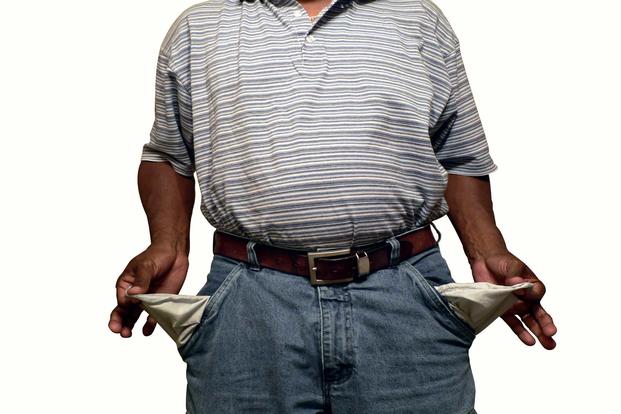You hear a lot about emergency funds, but you probably have questions. Here's a short primer that will hopefully help answer some of your questions, plus lots of links to add more information:
Who should have an emergency fund? Everyone! Unless you are a very young person who lives at home and whose parents provide everything, you need to have at least a little money put aside for unexpected expenses. At Kiplinger.com, Cameron Huddleston writes Why You Need An Emergency Fund.
What is an emergency fund? An emergency fund is an amount of money that is safe, available, and kept aside to take care of unexpected expenses that you can't cover within your regular income.
Where should you keep your emergency funds? Emergency funds should be kept in a bank account that you can access within a few days. If you can find a higher-paying account online, such as ING, great. If you require a large emergency fund, you can even consider short-term CDs.
How much emergency fund should I have? That depends, primarily on your monthly expenses and the predictability of your income, but also on other factors. Philip Brewer of WiseBread does an excellent job in his article Figuring the Size of Your Emergency Fund. There are a few places I disagree with him, or think that the military lifestyle creates special challenges. First, I think that you should have enough money to get you and your family to your parents (or other relatives) if there is a death or emergency that requires your presence. Second, I think that military members (unfortunately) have a slightly better than average chance of having a pay problem and therefore need to be prepared for that unpleasant possibility. Third, military families have this silly habit of moving frequently and sometimes unexpectedly. In a perfect world, all military families would have a "PCS fund" that would help take care of all those extra expenses that crop up during a move. Without that, an emergency fund could serve the same purpose.
How can I put together an emergency fund? There are lots of ways to build an emergency fund, some complex and some simple. Here are 10 quick ideas to get you thinking:
- Collect coins.
- For each check or debit you make, move $1 to savings.
- Save a certain amount per pay period.
- Set up an allotment.
- Use your tax refund.
- Collect rebates.
- Save a bonus.
- Get a second job.
- Have a yard sale.
- Quit smoking.
You can find more ideas in this article from Consumerism Commentary, 50 Tips to Help Establish Your Emergency Fund.
What do I use an emergency fund for? Emergency funds are designed to be used for large, unexpected expenses that fall outside of your regular budget. Each person is going to define emergency differently, but in order to qualify, it must be necessary and urgent.
There are all sorts of thoughts on emergency funds, and this certainly isn't a comprehensive article, but rather an "all about" article to get you thinking about establishing and funding an emergency fund. It may seem hard or impossible but it isn't. If you put your mind to it, you too can have all the benefits of an emergency fund.
Keep Up With Military Pay Updates
Military pay benefits are constantly changing. Make sure you're up-to-date with everything you've earned. Subscribe to Military.com to receive updates on all of your military pay and benefits, delivered directly to your inbox.
















